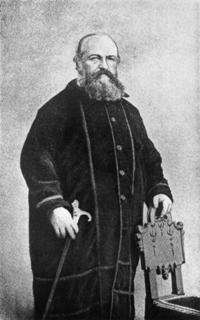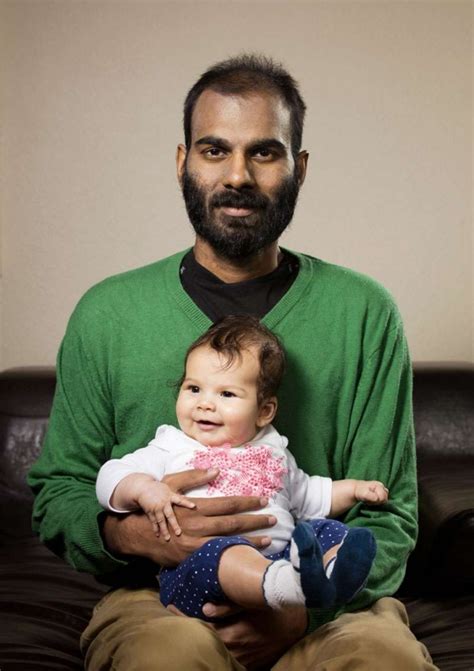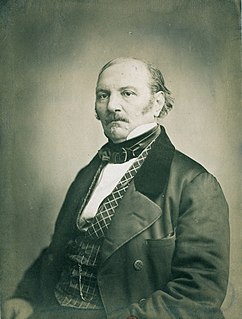A Quote by Martin Luther
so it is with human reason, which strives not against faith, when enlightened, but rather furthers and advances it.
Quote Topics
Related Quotes
I cannot project the degree of hatred required to make those women run around in crusades against abortion. Hatred is what they certainly project, not love for the embryos, which is a piece of nonsense no one could experience, but hatred, a virulent hatred for an unnamed object...Their hatred is directed against human beings as such, against the mind, against reason, against ambition, against success, against love, against any value that brings happiness to human life. In compliance with the dishonesty that dominates today's intellectual field, they call themselves "pro-life".
Every type of destruction that human philosophy, human science, human reason, human art, human cunning, human force, and human brutality could bring to bear against this Book, and yet the Bible stands absolutely unshaken today. At times almost all the wise and great of the earth have been pitted against the Bible, and only an obscure few for it. Yet it has stood.
During my sojourn in ironclad atheism, the primary arsenal leveled against Christianity had been its failure on empirical grounds. Surely, enlightened reason offered a more coherent cosmos. Surely, Occam's razor cut the faithful free from blind faith. There is no proof of God; therefore, it is unreasonable to believe in God.
It's no understatement that the church has done a poor job in teaching our young people that reason and faith are not opposites, and that atheists are far from being on the side of reason. You can find on our website a chart which I use to demonstrate the various worldviews work out, and which one, Christianity, is rational. Many kids, however, who grow up huddled in a Christian environment find themselves in the university setting completely unequipped to defend the rationality of the Christian faith against the secular humanist worldview so prevalent on college campuses.
People think of faith as being something that you don't really believe, a device in helping you believe simply it. Of course that is quite wrong. As Pascal says, faith is a gift of God. It is different from the proof of it. It is the kind of faith God himself places in the heart, of which the proof is often the instrument... He says of it, too, that it is the heart which is aware of God, and not reason. That is what faith is: God perceived by the heart, not be reason.







































